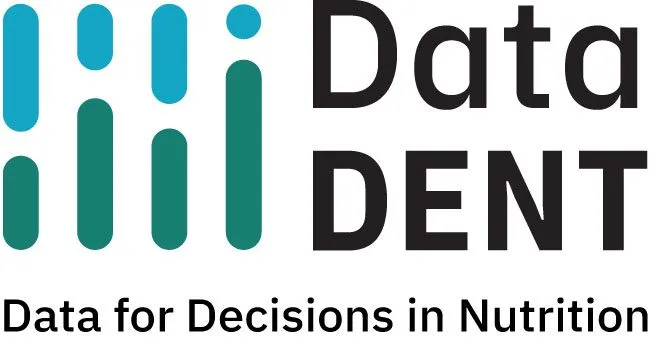On International Women’s Day, 8 March 2021, a Lancet series on Maternal and Child Undernutrition (MCUN) Progress was launched as part of the Nutrition Year of Action—a year-long effort to drive momentum on tackling malnutrition ahead of the 2021 Nutrition for Growth Summit. The goal of the series is to accelerate progress towards reaching the 2025 World Health Assembly nutrition targets and 2030 Sustainable Development Goals.
Unlike the 2013 Lancet Maternal & Child Nutrition series, the 2021 series is focused more specifically on the unfinished undernutrition agenda. It is complemented by recent Lancet series on the Double Burden of Malnutrition and Women’s and Children’s Health in Conflict Settings, the EAT-Lancet Commission on healthy diets for sustainable food systems and the Lancet Commission on the Global Sydemic of Obesity, Undernutrition, an Climate Change, and forthcoming Lancet series on adolescent nutrition and breastfeeding.
DataDENT team members from the International Food Policy Research Institute (IFPRI), Johns Hopkins University (JHU), and Results for Development (R4D) contributed to the 2021 series as co-authors, spotlighting nutrition data as a key theme. Here we highlight the key messages from Papers 1 and 2 that relate to strengthening nutrition data value chains.
Paper 1: Revisiting maternal and child undernutrition in low-income and middle-income countries: variable progress towards an unfinished agenda
Paper 1 is primarily focused on describing trends in undernutrition since 2013. In a section on “data needs”, the authors applaud the increased availability of anthropometric data from household surveys. However, they identify gaps in data on biomarkers of micronutrient status and data on fetal growth, including gestational age and low birth weight as requiring action.
Paper 2: Mobilizing evidence, data, and resources to achieve global maternal and child undernutrition targets and the Sustainable Development Goals: an agenda for action
In a section dedicated to “advancing the data and accountability agenda”, paper 2 identifies specific examples of recent advances across the nutrition data value chain. However, it also stresses that further strategic investments in global, national, and subnational nutrition data value chains are needed. The paper ends in a “Call to Action” targeting country and multinational actors who will make commitments at the forthcoming 2021 Nutrition for Growth Summit.
Key action points related to strengthening nutrition data value chains include:
• Ensuring that accountability tools—including data visualization tools—are rooted in strong theory of change that supports specific actions and reflect harmonized metrics
• Developing guidance on nutrition data and information systems, including core indicators and methods for collection across various data platforms
• Filling gaps in data on coverage, quality, and costs of interventions across sectors including health, agriculture, education and social protection, data on healthy diets, and data on financing from global and domestic sources
• Developing analytical tools that support planning across sectors
DataDENT, together with other measurement initiatives, has contributed to the nutrition data improvements highlighted in the series; we will take up the call to action to further advance the nutrition data and accountability agenda.
